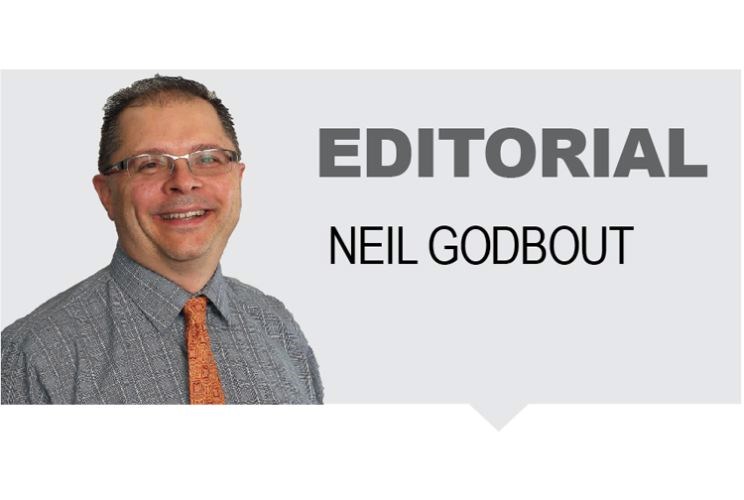One of the toughest choices politicians face while in office is how much or how little to take part (and be seen taking part) showing up to a major emergency affecting thousands of people and pitching in to help out.
There isn't a right answer because there's pluses and minuses to both arguments.
Prime Minister Justin Trudeau and his bottomless need to be photographed and filmed went viral over the weekend when a resident of a west-end Ottawa neighbourhood battling flooding confronted Trudeau.
The prime minister showed up with his two sons to spend an hour filling sandbags. The resident gave Trudeau the gears - all captured on a cell phone and immediately kicked onto the social media - about "security blocking by roads" (turned out that wasn't the case), that his presence was slowing the line (correct) and that his reasons for being there were "insincere" (debatable).
Trudeau likely saw what he was doing as a win all around.
He got to do something that made him feel good, he got in some quality time with his boys and set a good example to them of what helping a neighbour in need looks like, he got to be seen on the news pitching in and those sandbags he filled were going to help.
But the angry resident is right.
Political leaders are a distraction when they show up at an emergency.
They want to jump right in and get to work, preferably doing something busy and meaningful; never mind taking part in volunteer orientation and safety meetings first or doing a job beneath them like directing traffic or arranging for deliveries of food and water for tired volunteers.
Yet the opposite extreme is just as bad. John Horgan was premier for less than a month when the Cariboo wildfires took off in 2017, forcing more than 10,000 people to evacuate to Prince George.
On the advice of his firefighter brother who told him to stay out of the way, Horgan remained in Victoria and his absence was duly noted (the headline on The Citizen editorial on July 22, 2017 was "Dude, where's our premier?").
Horgan wisely didn't go anywhere near the front lines of the Cariboo forest fires but he should have visited Kamloops and Prince George at the height of the crisis, to speak at one of the regular evening information meetings being held for evacuees, to assure them that the provincial government was doing everything it could to fight the fires and would continue working with them afterwards to help them rebuild their homes and farms.
Some politicians take a different tact. Federal Conservative leader Andrew Scheer also showed up at a flood scene near Ottawa on the weekend - alone, unannounced and without a train of reporters and TV cameras behind him. He asked what he could do, helped where he was asked to help.
Most of all, he asked questions, he listened, he observed.
That's similar to what he did two summers ago when he came to Prince George during the Cariboo wildfires.
He instructed his two Prince George MPs - on short notice - to show him around, make introductions and keep his visit out of the news media spotlight until his visit was nearly over, to keep the focus on the evacuees and the firefighting efforts.
Yet even that option has its shortcomings. While it's far less intrusive than Trudeau's weekend visit to the flood zone or his quick visit to Williams Lake in the summer of 2017 and much better than not coming at all, it feels like a token amount of caring.
There's the rub.
The message residents displaced from their homes during flooding, forest fires or other disasters need to hear is that their governments and their political leaders care about what's happened to them and will put a dollar figure on that caring when it's time to rebuild.
They need to hear that message in person, not from another senior minister and not from the local MLA or MP.
Then - and this was the critical mistake Trudeau made with the resident who confronted him - the politicians need to shut the hell up and listen.
Ears open and mouth closed is the other part of caring.
Trudeau insisted on the resident stopping to listen to his point of view, when he should have stopped and asked the resident questions.
Are you one of the affected homeowners?
How long have you been working?
What do we need that is in short supply?
What could we be doing better and what can I do to make that happen?
There isn't a perfect solution to when senior politicians should appear, what they should say, what they should do, who they should speak with and how long when they staff during major emergencies.
While it's probably best to review on a case-to-case basis, do no harm and listen more, talk less should be the basic rules of engagement when dealing with frightened, stressed-out residents wondering if they'll have a home to return to when the crisis is over.
-- Editor-in-chief Neil Godbout



